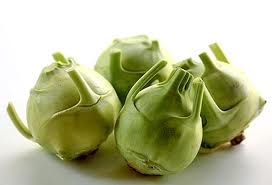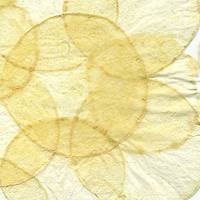from sciencedaily.com
Adding prebiotic ingredients to infant formula helps colonize the newborn's gut with a stable population of beneficial bacteria, and probiotics enhance immunity in formula-fed infants, two University of Illinois studies report.
"The beneficial bacteria that live in a baby's intestine are all-important to an infant's health, growth, and ability to fight off infections," said Kelly Tappenden, a U of I professor of nutrition and gastrointestinal physiology. "Breast-fed babies acquire this protection naturally. Formula-fed infants get sick more easily because the bacteria in their gut are always changing."
The idea is to make formula more like breast milk by promoting the sorts of intestinal bacteria that live in breast-fed babies' intestines, she added.
Prebiotics are carbohydrates that resist digestion by human enzymes and stimulate the growth and activity of beneficial bacteria in the gastrointestinal tract.
Probiotics are actual live bacteria that are beneficial to intestinal health, she said.
Infants have a special need for stimulation of their gut microbiota because they are born with a sterile intestine, Tappenden said.
"A strong, robust population of microbes in the gut provides colonization resistance, and pathogens can't invade and infect an infant who has that resistance as easily," she added.
The researchers compared the effects of feeding pre- and probiotics with infants fed breast milk and control formulas. They also compared the enhanced formulas' effects in both vaginally and Caesarean-delivered babies.
"The probiotic formula significantly enhanced immunity in formula-fed infants," Tappenden said.
Also, babies delivered by C-section had an especially improved immune response, an important finding because C-section babies are a more vulnerable group, she said.
Why? "Babies delivered naturally are exposed to the mother's bacteria as they travel through the birth canal, and they develop a healthier population of gut bacteria as a result. Babies delivered by C-section enter a sterile environment, and their gut microbiota is quite different," Tappenden noted.
In the probiotics study, scientists at five sites divided 172 healthy six-week-old infants into two formula-fed groups and a breast-fed group. Beginning at six weeks of age, the formula-fed groups received either a control formula or a formula that contained the beneficial bacteria Bifidobacterium animalis subspecies lactis (Bb12) for a six-week period. The infants receiving the probiotic formula had increased concentrations of secretory, anti-rotavirus, and anti-poliovirus-specific immunoglobulin A (IgA).
Fecal samples from babies receiving the probiotic formula revealed significantly heightened immunity, especially among Caesarian-delivered infants, Tappenden said.
Infants who consumed the formula containing the prebiotic ingredients also benefited. In that study, 139 healthy babies were divided into three groups. Breast-fed infants were compared with babies fed either a control formula or a formula supplemented with galacto- and fructo-oligosaccharides for six weeks.
Oligosaccharides, found in breast milk, contribute to the healthy population of bacteria found in the guts of breast-fed infants.
When fecal samples were tested, babies fed the prebiotic formula showed modest improvement in the number of beneficial bacteria and decreases in the types of bacteria that are often associated with illness.
 Monday, June 4, 2012 at 11:20AM
Monday, June 4, 2012 at 11:20AM 


